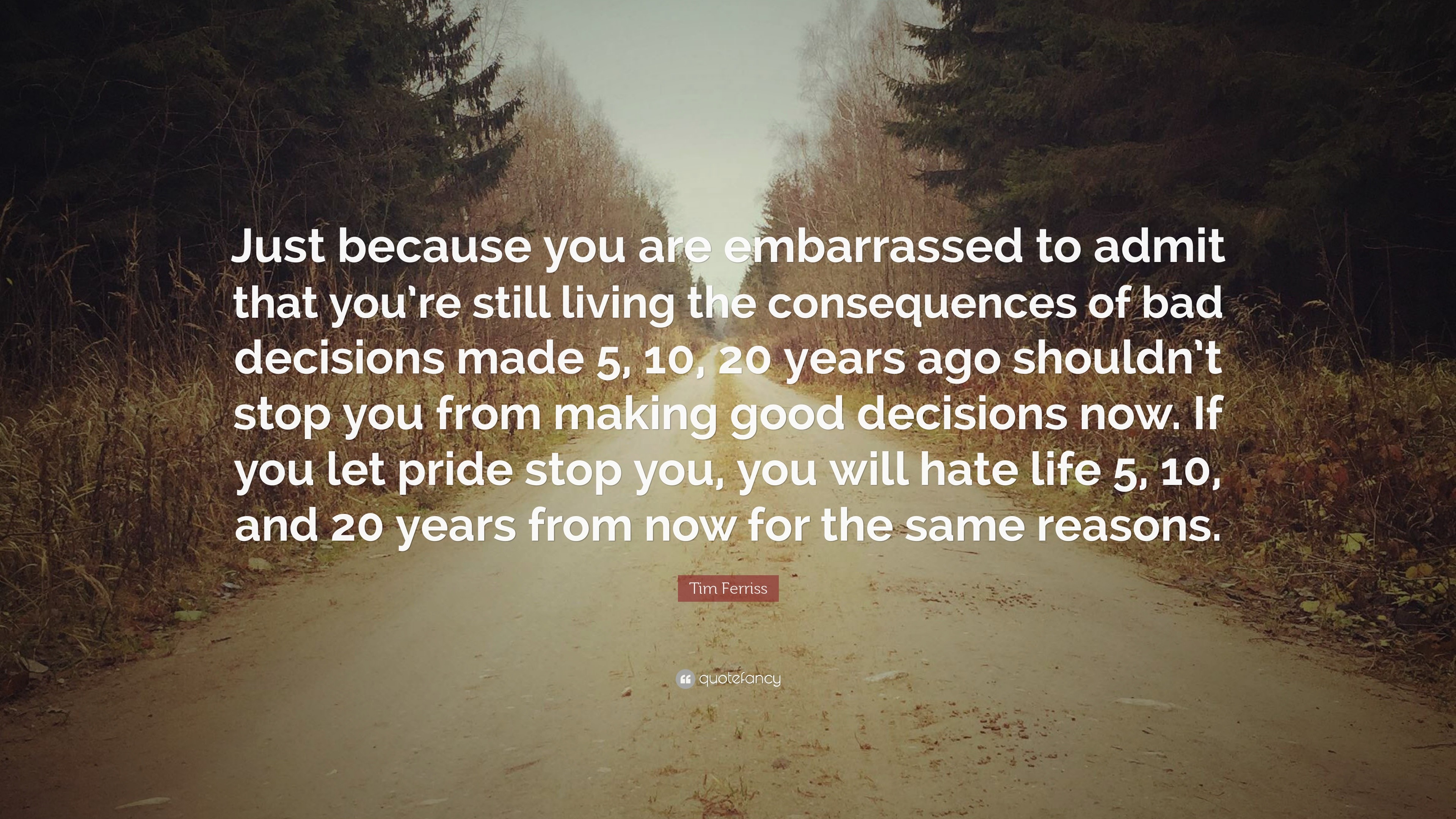

"I got a group named BTS that's waiting on me to do a song with them right now," he told the show's hosts. Snoop Dogg teased in January that the K-Pop boy band had sent him a request to work together. ^ Noted by Edward Charles Harington in Notes and Queries 5th Series, 8 (7 July 1877:14).Bad Decisions is V, Jin, Jimin and Jungkook's first collab song with Benny Blanco and Snoop Dogg.^ Definition from the Longman Dictionary of Contemporary English available online.^ Schneider, William (18 September 1988).So Unity 2020 addresses that so that we don't have to face the lesser evil paradox and we can reach the public and say: look, we've got a plan for actually having your interest represented at the highest level of government So, you're gonna do more harm than good because of the lesser evil paradox. can't honorably interfere in a normal election cycle because you're told that if you do, if you try to represent the people and get elected on that basis, that you will elect the party that is less in line with your values rather than more. "Bret Weinstein and Matt Taibbi: Corruption and its Consequences". "A record number of Americans now dislike Hillary Clinton". "Don't Get Fooled Again: Why Liberals and Progressives Should Vote Enthusiastically for President Obama". Moral Dilemmas in Medieval Thought: From Gratian to Aquinas. Minimax – game theory strategy to minimize maximum loss.Erasmus recorded it as an ancient proverb in his Adagia, although the earliest known instance is in the Alexandreis, a 12th-century Latin epic poem by Walter of Châtillon. The Latin line incidit in scyllam cupiens vitare charybdim ("he runs into Scylla, wishing to avoid Charybdis") had earlier become proverbial, with a meaning much the same as jumping from the frying pan into the fire. Another equivalent English seafaring phrase is "Between a rock and a hard place". Because of such stories, having to navigate between the two hazards eventually entered idiomatic use. He lost six of his companions, but if he had gone near Charybdis all would be doomed.

In the story, Odysseus chose to go near Scylla as the lesser of two evils. " Between Scylla and Charybdis" is an idiom derived from Homer's Odyssey. The principle of "the lesser of two evils" is sometimes jokingly changed to "the evil of two lessers", such as in the titles of these articles about the US presidential elections of 19.

Chirac eventually won the second round having garnered 82% of the vote. The "crook" in those scribbled public messages was Jacques Chirac of Rally for the Republic and the "fascist" was Jean-Marie Le Pen of the National Front.

For example, in the second round of the 2002 French presidential election graffiti in Paris told people to "vote for the crook, not the fascist". In elections between only two candidates where one is mildly unpopular and the other immensely unpopular, opponents of both candidates frequently advocate a vote for the mildly unpopular candidate. In his DarkHorse podcast, Bret Weinstein describes his Unity 2020 proposal for the 2020 presidential election as an option that, in case of failure, would not asymmetrically weaken voters' second-best choice on a single political side, thereby avoiding the lesser evil paradox. Green Party candidate Jill Stein invoked this idea in her campaign in her slogan "Don't vote for the lesser evil, fight for the greater good". In the 2016 United States presidential election, both major candidates of the major parties - Hillary Clinton ( D) and Donald Trump ( R) - had disapproval ratings close to 60% by August 2016. Bush and Dick Cheney in 2000 until they were termed out in 2009". That mantra delivered us to Richard Nixon in 1972 until Watergate did him in. Some said they would not vote some said they would vote for a third-party candidate. Rosen stated: "Beginning with the 1968 presidential election, I often have heard from liberals that they could not vote for the lesser of two evils. In 2012, Huffington Post columnist Sanford Jay Rosen stated that the idea became common practice for left-leaning voters in the United States due to their overwhelming disapproval of the United States government's support for the Vietnam War.


 0 kommentar(er)
0 kommentar(er)
